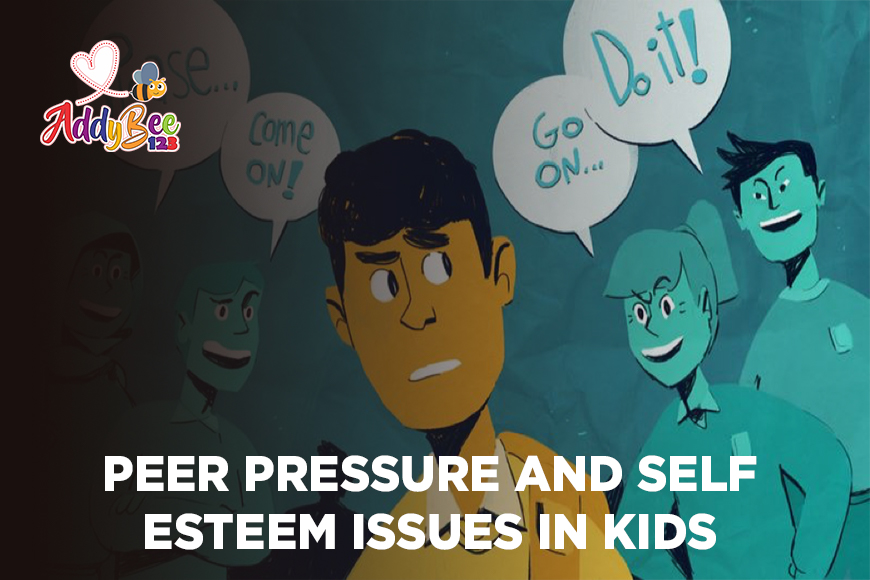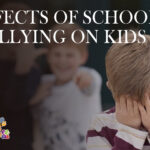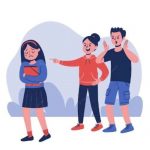
Peer Pressure and Self Esteem Issues In Kids
Peer pressure or self-esteem issues take many forms, and pressure from these types of people can profoundly affect children’s behavior. Studies have shown that the observable age of comparative effects appears to be middle school students. Then, the child meets new friends and chooses an identity among those friends.
Again, this is the most common age at which children begin to experience alcohol, drug abuse, sexual activities, and other dangerous behaviors. Often, the desire to participate in this behavior is the result of peer pressure. Teens with many friends seem to be less susceptible to the suggestions and actions of their peers, but at this age, the pressure of obedience is very real.
For kids, there are developmentally appropriate kindle books for kids and amazon children’s books available to help them learn about peer pressure.
As your children grow up, they start to worry more about what their friends think and how others see them. Your child may feel pressured soundly. For example, a child can try a new sport or start to learn to play an instrument. However, children can also feel pressured in destructive ways, such as skipping a class or cheating on exams. These types of activities can adversely affect a child’s education and academic performance.
Many developmentalists believe that peer pressure has detrimental effects on peer friendships. Children who are more sensitive to peer pressure tend to have low self-esteem. These children adopt the group’s guidelines as their own guidelines for improving their self-esteem. For parents, pre-teenage time of their child can be difficult because they can lose contact with their children.
Help your child fight peer pressure and stay in the right direction.
Get To Know Your Child’s Friends
It also means online friends. Many people (peers and adults) try to pressure their children to make the wrong choices. However, suppose your child has friends with valuable values and self-esteem. In that case, they will help your kid understand the new technology, get rid of dangerous behaviors and withstand pressure from your unwanted peers.
It’s Okay To Say “No”
Tell your child that he/she can say no to the things they don’t want to do. Practice denial to children and let them master the necessary skills. When making healthy choices, admire and encourage your child.
Don’t Overreact
When your child talks to you about what their friends are doing, you can hear something that may shock you. However, if you overreact or talk too much, your child will no longer want to ask these questions. Try to stay calm and don’t overreact, blame or make speeches. Instead, take the time to allow your child to consider the consequences of the dangerous behavior. “Do your friends know they can be arrested for theft?”
Develop Needed Self-Esteem
Take time to appreciate your child and celebrate his/her accomplishments. Children who are satisfied with themselves can fight negative peer pressure and make the right decision.



Thanks for your blog, nice to read. Do not stop.